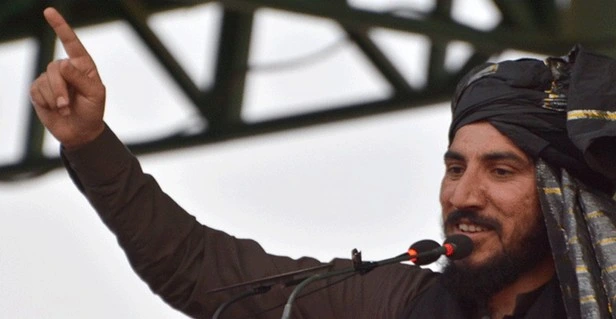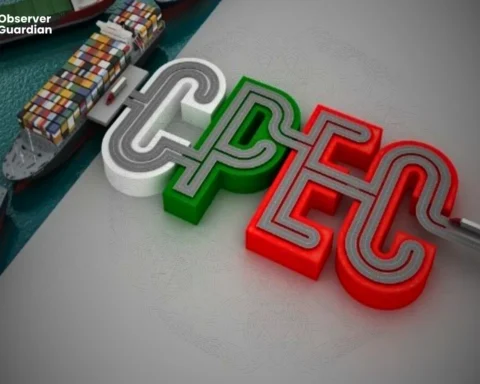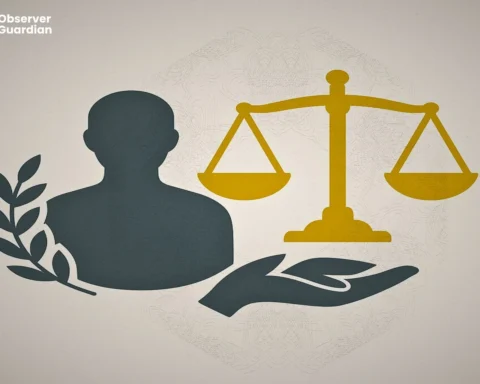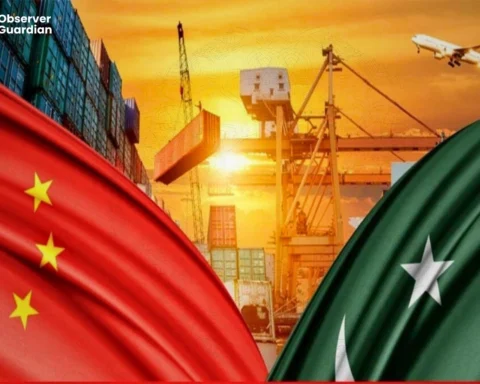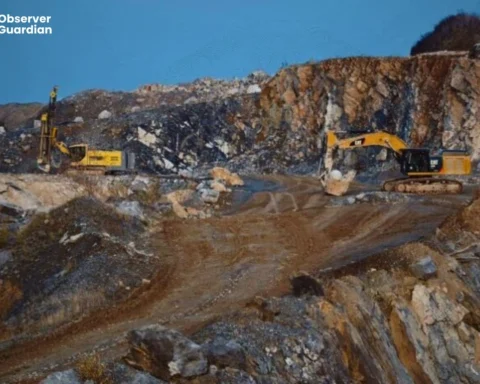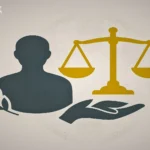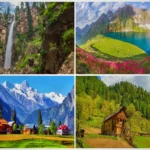Manzoor Ahmad Pashteen, the head of the Pashtun Tahafuz Movement (PTM) used a recent virtual speech to denounce the Pakistani state and military as instrumentally oppressive towards the country ethine’s. His text described the grim reality of national institutions, which seemed to oppose some communities on the one hand and impose other communities on the other hand. Even the remarks made by Pashteen were however lacking in one very vital consideration to the democratic structure of Pakistan, and this was the fact that, PTM had freedom to practice in Pakistan as well.
The movement has been permitted to conduct rallies, get into the political scene and express itself even in international arenas. This kind of freedom is what defines a democratic society and PTM has enjoyed it all, despite the allegation leveled on the state by it on a regular basis. There would be no rights offered to PTM or the leadership of such a state that Pashteen claims Pakistan as, that is indeed the colonial state. The right to free speech is not a right that applies to the oppressed; it applies to every citizen (not just the oppressed). PTM has exhausted this right, and it becomes dumbfounding to find their stand in tandem with the freedoms that they enjoy.
Even though dissent plays a pivotal role in every free society, the way PTM voicing their complaints is highly problematic. The view of PTM in depicting Pakistan as a land where there is systemic oppression without attributing to the complex security situation that the country experiences is not reality. The fact of the constant fight against extremism and terrorism of the military and security forces of Pakistan is necessary background to the actions of the state. Although the government and the military have made mistakes as well, it is also important that people be able to see the big picture concerning national security.
How is it possible that PTM requires the state to be accountable and, at the same time, they are continuously denying the dangers of terrorism and extremism? PTM would not consider the sacrifices of the Pakistani military in shielding its people against all these threats considering that only one part of the story is under observation. There is terrorism in the country daily and the lives of soldiers who have made sacrifices in fighting the war cannot be overshadowed by the stories that look only at one side of the story without the bigger picture of the threat that Pakistan is facing.
The appeal of Pashteen to unite the nations which are subjugated also can be regarded as questionable. Although at the face value, it may appear to be a shout out to justice and equality, when examined further, a more dividing agenda will emerge. When it calls upon nations to stand hand in hand in the cause that it says are under oppression, then the question comes, whether it is the cause of the activating of the rights of the people, or it is trying to draw a re-writing of the national borders through emotional discourses? The rhetoric of PTM is usually presented in the language of rights and justice, yet, on closer inspection, one will begin to understand that there is more to it than simply improving the life of Pashtuns.
They are proposing a re-conceptualization of the national order, an order that puts in question the autonomy of Pakistan. The idea to gather the nations that have been taken down into a specific banner might seem to be quite attractive to someone, although this factor also creates a split existing within our country. Such divisions pose a big challenge to the nation and nullify the entire nation. The rhetoric of PTM, thus is not just an effort to defend the rights, but instead it is an effort to defy the very integrity and stability of Pakistan.
The story behind PTM is glorification of resistance but the way the movement has been going about it is terribly wrong. Although, in fairness, it is a fact that resistance has been critical in most struggles in the name of justice, the resistance of the PTM does not appear to honor constitutional and legal means which can be engaged in dialog and cause resolution. PTM erodes the democratic institutions in Pakistan by celebrated resistance without going through the democratic means of raising the grievances.
Development of any country lies in the hands of its institutions, parliament, judiciary and media and not on hashtags, slogans, and mass movements. These democratic institutions are flawed but they are the platforms that will allow the seeds of real change to bear real fruits. Real progress cannot be achieved by bypassing these institutions and replacing it with emotional appeals and agitation that PTM upholds. To progress the country will have to trust its own democratic mechanism and not slogans that ruin the process.
The second concerning matter of the approach of PTM is that it has a constant tradition of discrediting the judiciary, parliament, and media of Pakistan. These are the foundations of the Pakistani democracy and though obviously not flawless, they are the only practical way of managing the problems about which PTM purports to be concerned. The easily achieved attempts to undermine the trust of the citizens in those institutions underline the pattern of deliberately crippling the work of those systems which maintain the stability of Pakistan.
The assaults by PTM on the judiciary and parliament cannot simply be dismissal of the decisions by specific judges; it is the attack on the whole democratic system on which the existence of the country depends. It is not always that these institutions may be perfect, but they are the only channels in which genuine and sustained change will be realized. PTM damages these institutions, generating a loss of faith among people in the processes that would create the very change that it advocates.
The frequent branding of the state activities as oppression is what poses a big question on how Pakistan can save its citizenry out of the actual threats being encountered. When all the measures, which the state undertakes to secure its people, are classified as the act of oppression, it is impossible to differentiate between the legitimate act guaranteeing the security and the assault on the rights. National security is not a tyranny but a duty. Pakistan must confront very real challenges of militancy, foreign proxies and disinformation campaigns.
Although the criticism leveled by PTM against Pakistan state and military has part to play, its methodology is completely flawed. The idea promoted by PTM of bad representation of facts, weakening of democratic institutions and neglect of the actual factual threats that the country must deal with incurs the risk of destabilizing the country instead of bringing positive change. The true way forward would be to build the democratic institutions in Pakistan, which have so far been corrupted to ensure that they serve to achieve political self-interests at the expense of the nation.

